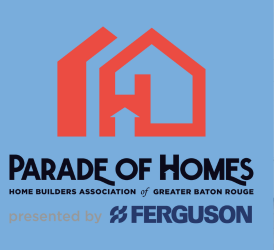Home inspection protocols were developed for the real estate community to help buyers of houses learn about the condition(s) of the house they were buying. Many states have home inspection license requirements for individuals performing home inspections in a buy/sell transaction. These states will have laws and rules regarding home inspections and are typically governed by a legislative board. This board establishes the Standards of Practice or the Scope of Work for a home inspection. There are independent organizations that have also established a home inspection protocol for the industry and these protocols are often used as a basis for a home inspection where state licensure is not in force.
buying. Many states have home inspection license requirements for individuals performing home inspections in a buy/sell transaction. These states will have laws and rules regarding home inspections and are typically governed by a legislative board. This board establishes the Standards of Practice or the Scope of Work for a home inspection. There are independent organizations that have also established a home inspection protocol for the industry and these protocols are often used as a basis for a home inspection where state licensure is not in force.
Home inspections service agreements, or contracts, are generally required prior to a home inspection and typically include a scope of work, a description of excluded items, and a requirement to produce a written report for a client.
A general Scope of Work for a home inspection may include the following systems:
- Electrical system – panel box, lighting, light switches, receptacles (outlets)
- Exterior system – wall siding, trim, sidewalks, driveways, grounds adjacent to the house, windows, doors,
- Interior system – walls, ceilings, floors and floor coverings, cabinets, doors, windows
- Heating and Cooling systems – visual review of the systems, operation of the systems
- Plumbing system – visual review and operation of water services and basins, leak detection, pressure and temperature detection, water heater sources and review of the source
- Roofing system – roof cover inspection, flashing review (if possible)
- Structural system – review of frame material and frame performance, foundation inspection
- Insulation and Ventilation system – identification of insulation type and depth, identification of attic ventilation types
- Appliance systems – operation and function of all appliances in the house including kitchen appliances, bathroom vents, etc….
A formal home inspection will include a report describing the systems inspected and notation of defects observed.
It is important to note that home inspections have limitations, such as concealed or inaccessible features. Consultation with your home inspector is critical in understand
the conditions of the house that were inspected, and which were not inspected.
If you are having a home inspection performed on a house, consider making an itemized list of all concerns you have and provide a copy to the home inspector for further evaluation. The home inspection is a vital part of the buy/sell process performed within a short period of the due diligence timeframe. Open communication is critical when learning about the process. Review “Do I need a home inspection?” under the Real Estate tab to learn more about home inspections.
inspector for further evaluation. The home inspection is a vital part of the buy/sell process performed within a short period of the due diligence timeframe. Open communication is critical when learning about the process. Review “Do I need a home inspection?” under the Real Estate tab to learn more about home inspections.
Lastly, your real estate agent or your state licensing board are excellent resources for finding a home inspector.



